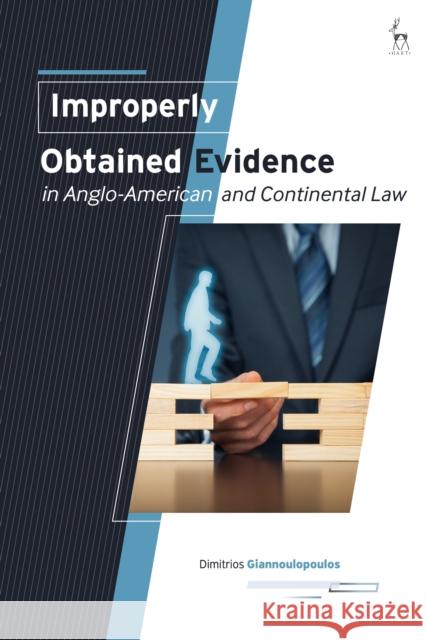Improperly Obtained Evidence in Anglo-American and Continental Law » książka
topmenu
Improperly Obtained Evidence in Anglo-American and Continental Law
ISBN-13: 9781849463829 / Angielski / Twarda / 2019 / 328 str.
Improperly Obtained Evidence in Anglo-American and Continental Law
ISBN-13: 9781849463829 / Angielski / Twarda / 2019 / 328 str.
cena 438,22
(netto: 417,35 VAT: 5%)
Najniższa cena z 30 dni: 421,40
(netto: 417,35 VAT: 5%)
Najniższa cena z 30 dni: 421,40
Termin realizacji zamówienia:
ok. 30 dni roboczych.
ok. 30 dni roboczych.
Darmowa dostawa!
Kategorie:
Kategorie BISAC:
Wydawca:
Hart Publishing
Język:
Angielski
ISBN-13:
9781849463829
Rok wydania:
2019
Ilość stron:
328
Waga:
0.61 kg
Wymiary:
23.37 x 15.49 x 2.29
Oprawa:
Twarda
Wolumenów:
01
Dodatkowe informacje:
Obwoluta











